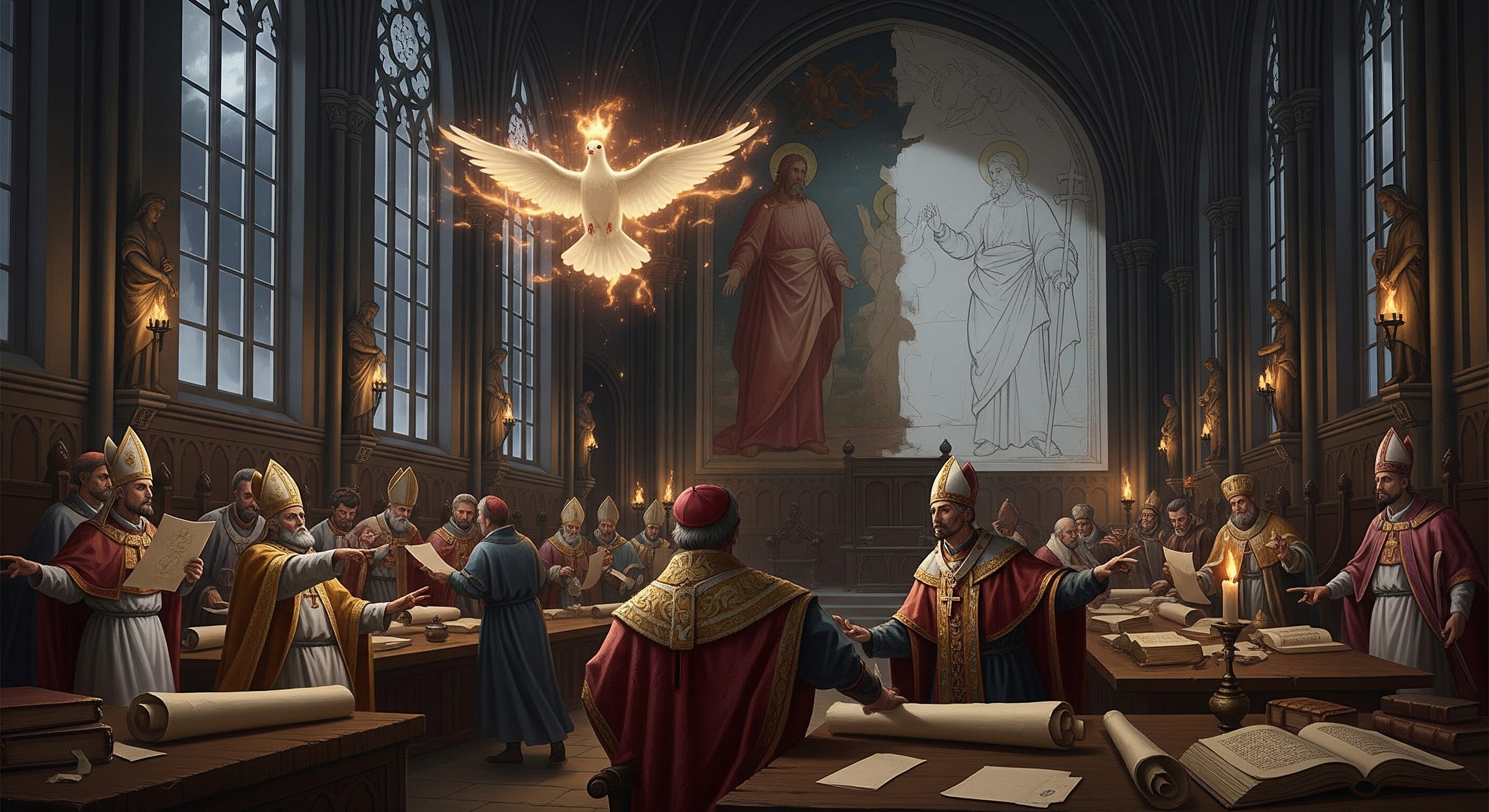The Holy Spirit Wasn’t Always God
Centuries of debate and politics turned a vague “helper” into the third person of the Trinity

For many Christians today, the Trinity feels like a given. Father, Son, and Holy Spirit — three persons, one God. But the truth is the Holy Spirit wasn’t always God. The Spirit’s rise from vague biblical presence to full divinity was a long, mes…


